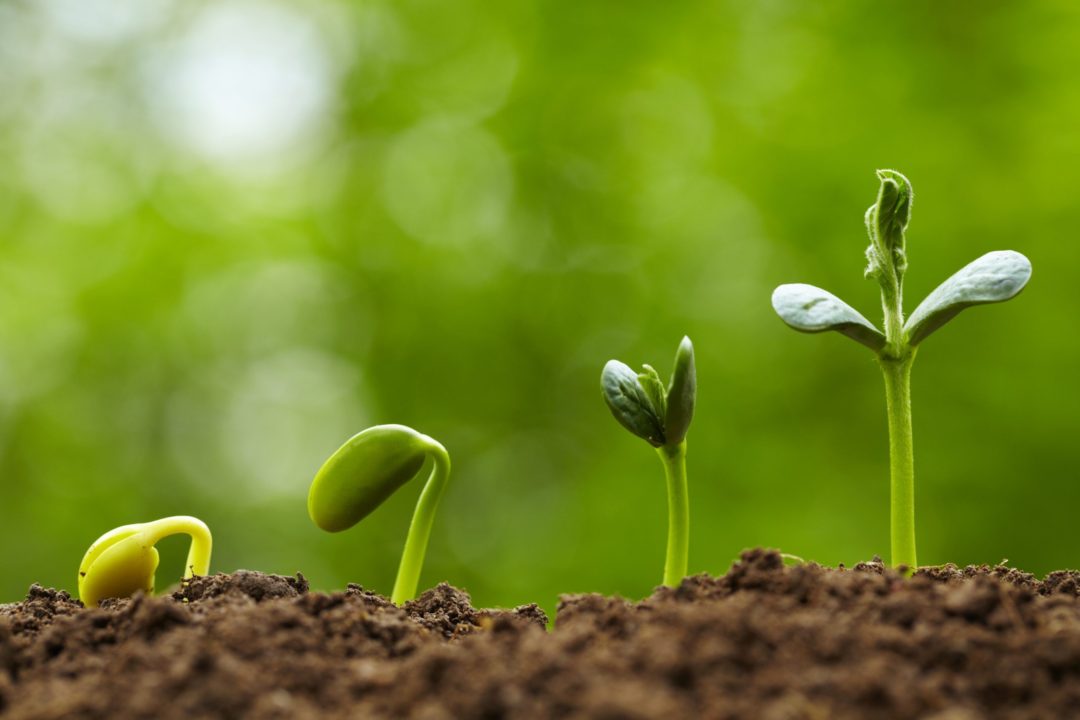A few weeks ago I received a call from a lady reader who said, “I have a passion for farming. I have a patch of land. Where can I get a certificate?”
A certificate for what? I asked. “I need training,” she replied.
If we lived in a perfect world people such as her, with passion and drive, would easily access education and support to help them on their way to realising their dreams. The problem is that we don’t live in a perfect world.
Our basic education system is, to put it mildly, broken, churning out people, year after year, who are equipped with no discernable useful skill or ability at all. And our tertiary education system lacks capacity and is expensive.
Our support system in just about any field is creaky, to say the least. If they are very lucky, or know people in high places, such people may be given access, in some form, to a patch of land, and even helped on their way by mentors who in addition to advice provide equipment, seed, and basic inputs. Oh, that such assistance should be available to all of us!
But for many, indeed most of us, the path to success in our desired field is a gritty odyssey of trial and error, maybe with a modicum of formal education along the way, but often no more than a daily grind in the school of hard knocks, hopefully sprinkled with a little bit of luck.
This I tried to impart to my lady caller. “Just start,” I urged her. “Buy three chickens. Plant a row of vegetables. Do whatever it is you have a passion for, on a small scale, and work it out from there.
“Once you are hands-on in the mud, and you find you really enjoy it? That’s when you enrol for a course that will give you the necessary theoretical and scientific framework to upscale your enterprise to something sustainable and, hopefully, profitable and noteworthy.
“Just do it!” I urged.
One doesn’t need to be an economist to know that the problem in South Africa is poverty and inequality, on a scale that is quite unimaginably great.
While the government has talked itself into believing, presumably, that it can alleviate inequality and by extension poverty by dishing out parcels of land to individuals who say they want to work it, we all know that this isn’t working optimally, or adequately.
In short, the vast majority of South Africans can’t rely on the state for support in any other than the smallest number of circumstances.
And, sometimes “clever” recipients of aid quickly come to grift the system. A perfect example was the Dept of Agriculture’s Covid relief handouts given to qualifying small farmers under financial strain because of the lockdown. Given vouchers up to the value of R50 000, rather than cash, with which to buy inputs such as feed, seed, and fertilizer, some such recipients quickly took their vouchers to the nearest registered vendor, bought a small amount of qualifying product. And asked for the balance of the voucher to be paid out in cash. You would be extremely naïve if you believed that the cash thus received was going to be spent on the items for which it was intended.
An extension of the problem, also, is that South African society has developed a curious and unhelpful penchant for entitlement. As an individual, you come to expect the state to provide. As a citizen you should be given education, healthcare, housing, land or whatever else it is that you think you want. By some stretch of social logic such handouts are your right.
That, of course, is not how life works. My late father used to say “nothing for nothing and damn little for sixpence.”
Thus, in seeking to get started doing whatever it is that you think you will enjoy doing, the way to go about it is to set goals and priorities. Saying “I have a passion for farming” and then waiting for somebody to provide you with training, and then waiting for somebody to provide you with land and somebody to provide you with basic resources and so on is to put the cart before the horse.
Start. Start small. But start. And then look for training, mentorship, assistance and support. You will find it will all fall into place, and people will be much more willing to help you and advise you if they can see that you have made an effort, however cack-handed, to begin. This, after all, is how most of us smallholders started off.
And as you do your initial research you can peruse the myriad courses and programmes offered by agricultural colleges and non-profits in and around Gauteng, a good selection of which we have highlighted for you in this edition. Merry Christmas.

